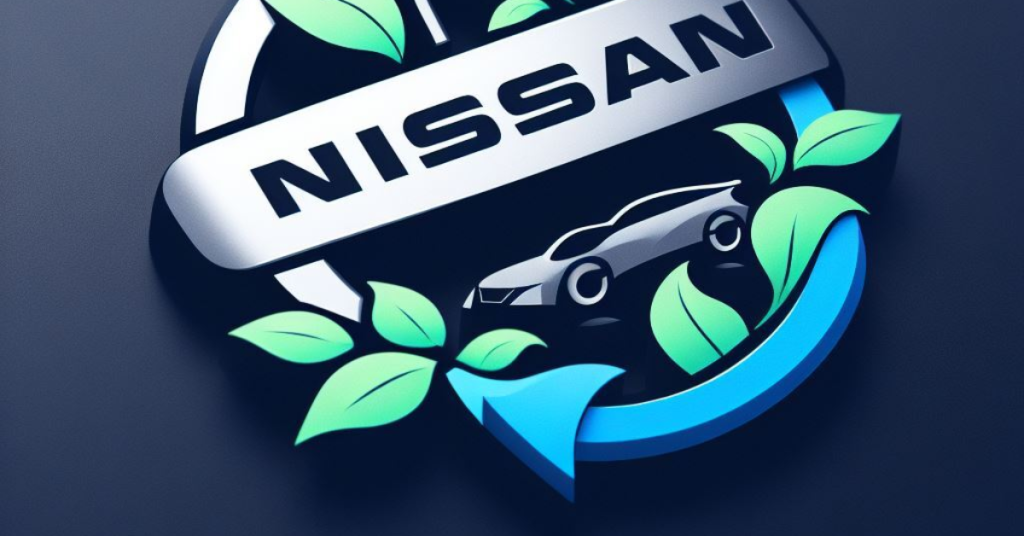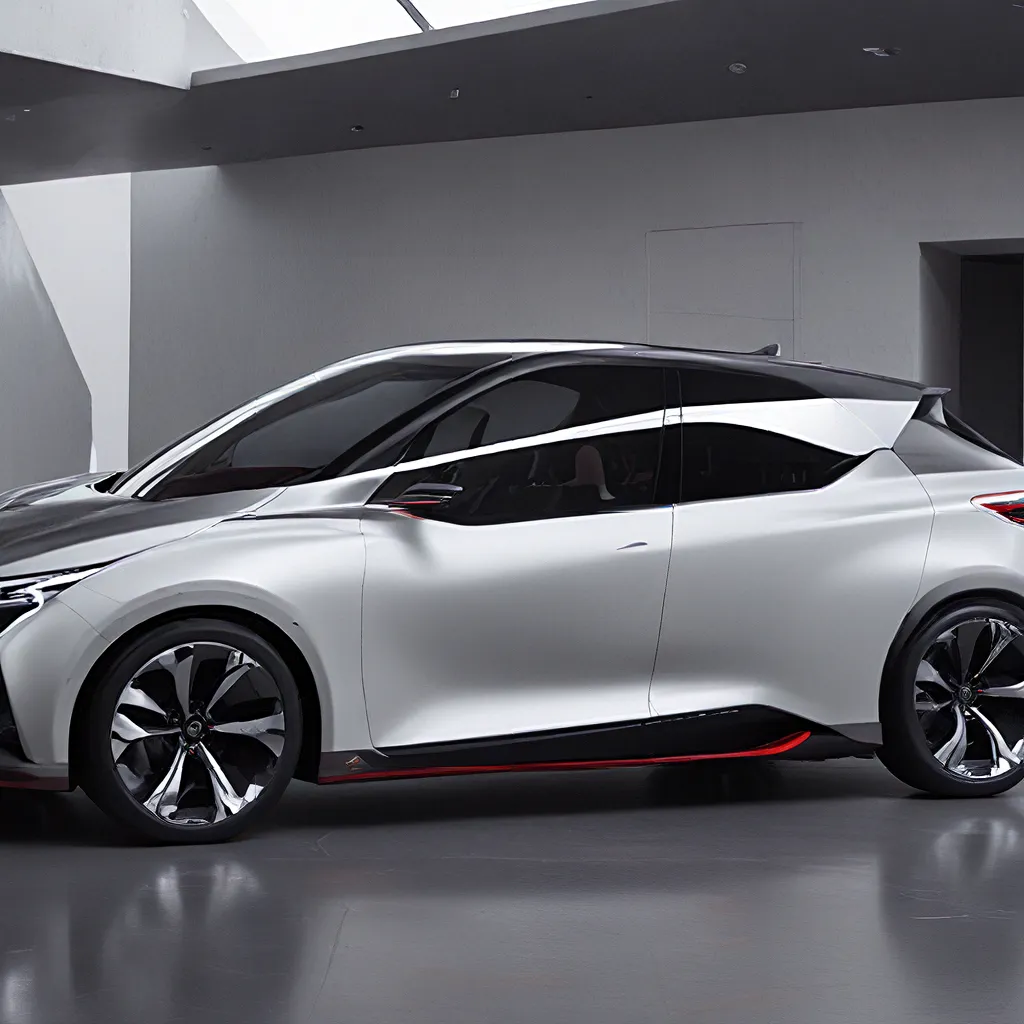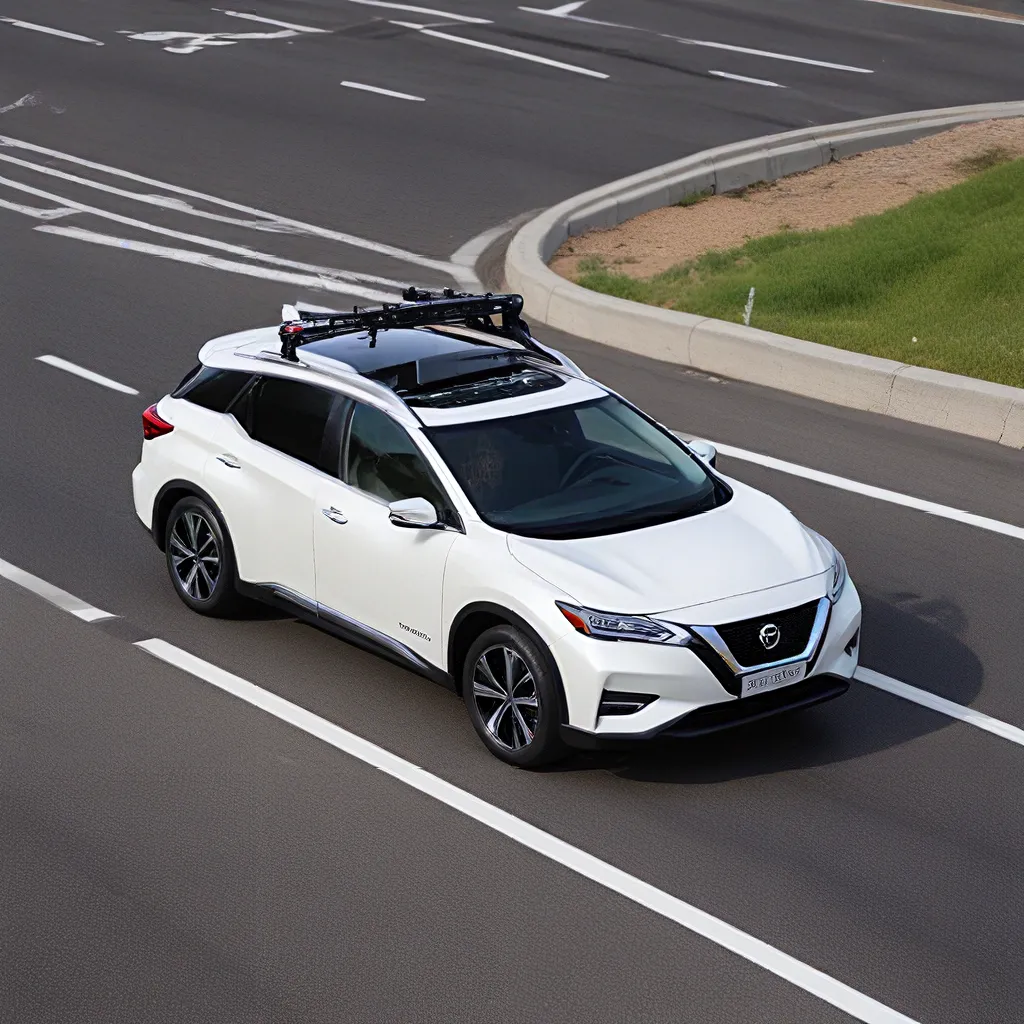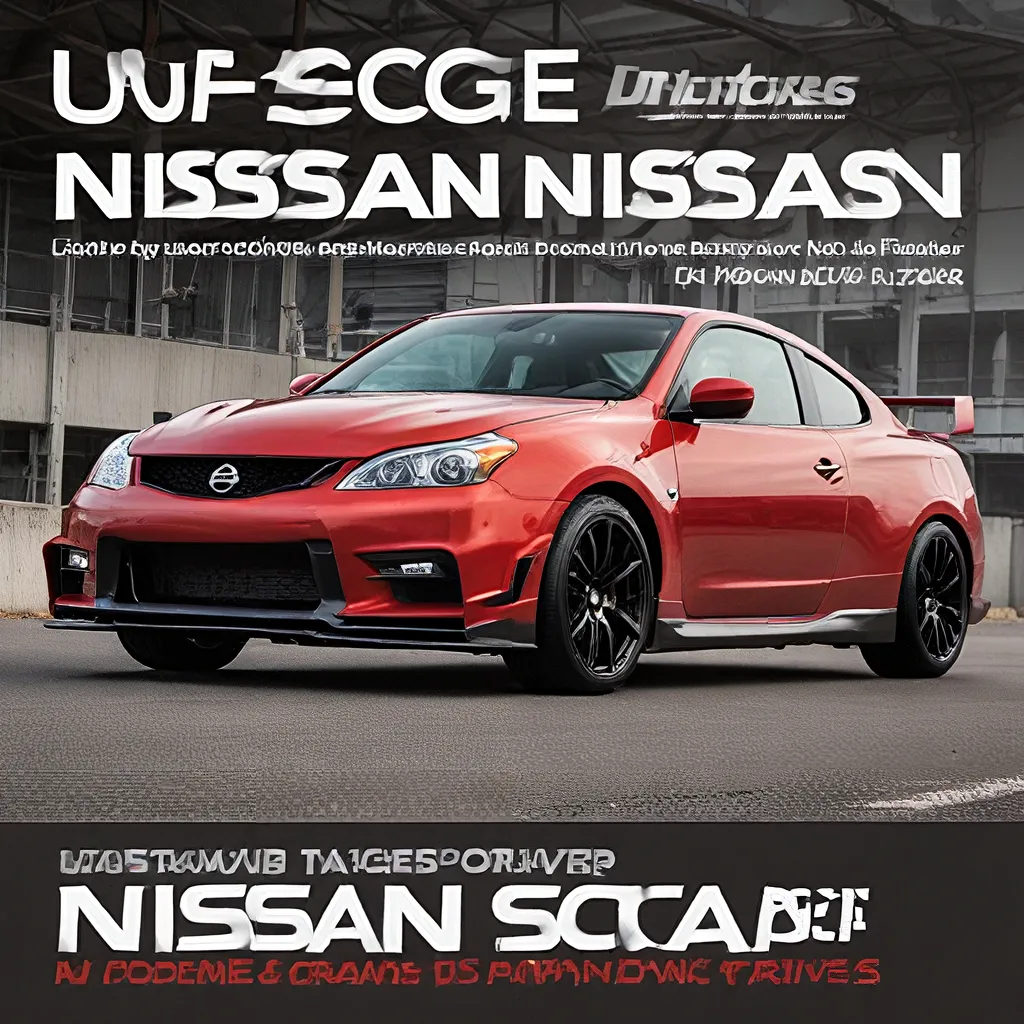
The Need for Speed (and Agility)
Buckle up, folks, because the automotive industry is undergoing a seismic shift that’s leaving even the most seasoned experts dizzy. Gone are the days when car manufacturers could leisurely spend half a decade developing a new model – now, it’s all about keeping up with the lightning-fast pace of consumer demands.
As Allyson Witherspoon, Nissan’s Corporate VP and Global CMO, puts it, “The automotive industry is known for its traditionally lengthy research and development cycles, often surpassing five years. However, recent shifts in consumer expectations have led to a significant reduction in these timeframes.” Translation? Customers want the latest and greatest, and they want it yesterday.
This need for speed has given rise to a new breed of vehicles – the software-defined car. These are cars that can receive upgrades and new features within a single year, allowing automakers to constantly evolve their offerings and keep consumers happily glued to the wheel. It’s like having a smartphone on four wheels, constantly adapting to your ever-changing needs.
Witherspoon explains, “There’s a growing demand for software-defined vehicles capable of receiving upgrades within a single year, fostering more dynamic and responsive consumer experiences. Automotive companies should consider accelerating their R&D processes and integrating software agility into their vehicles to meet modern consumer demands.”
Balancing Act: In-House vs. External Partnerships
So how does a company like Nissan navigate this new landscape of software-driven cars? Well, it’s all about finding the perfect balance between in-house expertise and outside partnerships.
“When Nissan decides whether to develop software in-house or outsource it, they focus on what best meets consumer needs,” Witherspoon reveals. “The decision depends on their own expertise versus the advantages of partnering with external companies like their collaboration with Google Assistant.”
It’s a delicate dance, really. Nissan needs to assess their own capabilities, identify the areas where they excel, and then strategically team up with industry leaders to fill in the gaps. After all, the end goal is to deliver a seamless, personalized experience that keeps customers coming back for more.
“To ensure success, Nissan segments their customers based on their needs when introducing new experiences or vehicles,” Witherspoon shares. “Companies should balance their own skills with the benefits of external partnerships.”
Putting the “Person” in Personalization
Speaking of customer experiences, the automotive industry has undergone a dramatic shift in the way it approaches marketing. Gone are the days of the one-way sales pitch – now, it’s all about fostering a two-way conversation and truly understanding the needs and preferences of the consumer.
“Marketing in the automotive industry has evolved significantly in the last decade, putting the consumer in the driver’s seat,” Witherspoon observes. “Today, it’s essential for companies to meet consumers where they are, fostering a two-way conversation rather than delivering a one-sided sales pitch.”
And at the heart of this new marketing approach? Personalization. Brands need to delve deep into their customer data, analyze their behaviors and preferences, and then tailor their communications accordingly.
“With so many different ways of communicating, personalization has become crucial,” Witherspoon emphasizes. “Brands should invest in understanding their customers’ preferences and behaviors to tailor communications effectively.”
It’s a delicate balance, though, as Witherspoon points out, “Companies should always consider long-term relationship building to help keep customers loyal to the brand.”
Navigating the Data Minefield
Speaking of customer data, Nissan faces a unique challenge when it comes to obtaining and managing this valuable resource. You see, Nissan doesn’t sell directly to consumers – they work through a network of dealerships. This means that capturing that all-important first-party data can be a bit of a minefield.
“Nissan does not sell directly; they sell through dealerships, which makes obtaining first-party data a challenge,” Witherspoon explains. “When someone buys a car, their information is saved, but it might not include all the details from their dealership visits.”
But Nissan isn’t letting this roadblock slow them down. Instead, they’re taking a long-term approach to customer relationships, focusing on the lifetime value of each individual.
“To fix this, Nissan now focuses on the lifetime value of a customer,” Witherspoon shares. “Since people usually keep their cars for about ten years, Nissan aims to keep in touch with customers over this time to encourage them to stick with Nissan for their next purchase.”
It’s a smart strategy, one that recognizes the importance of building lasting relationships with consumers in an industry where brand loyalty is more precious than ever.
Adapting to a Changing World
Of course, no discussion of the automotive industry would be complete without addressing the elephant in the room: the COVID-19 pandemic. This global crisis has upended consumer behavior, forcing automakers to rethink their strategies and adapt on the fly.
“COVID-19 changed consumer behavior worldwide, making people more intentional about the brands they support,” Witherspoon notes. “Not afraid to try new strategies, Nissan noticed this trend and shifted to focusing more on their brand image rather than offering incentives.”
It’s a testament to Nissan’s agility and willingness to think outside the box. Instead of doubling down on traditional tactics like discounts and promotions, they recognized the need to connect with consumers on a deeper, more emotional level.
“Businesses need to listen to their customers and be flexible in their approach,” Witherspoon advises. “Adapting to global changes in consumer preferences can help a brand stay relevant and maintain customer loyalty.”
And that, my friends, is the true key to success in the ever-evolving automotive industry. It’s not about chasing the latest trends or gimmicks – it’s about truly understanding your customers, anticipating their needs, and having the courage to reinvent yourself.
Nissan has certainly embraced this philosophy, and if their recent successes are any indication, they’re poised to lead the charge into the future of the automotive world.






